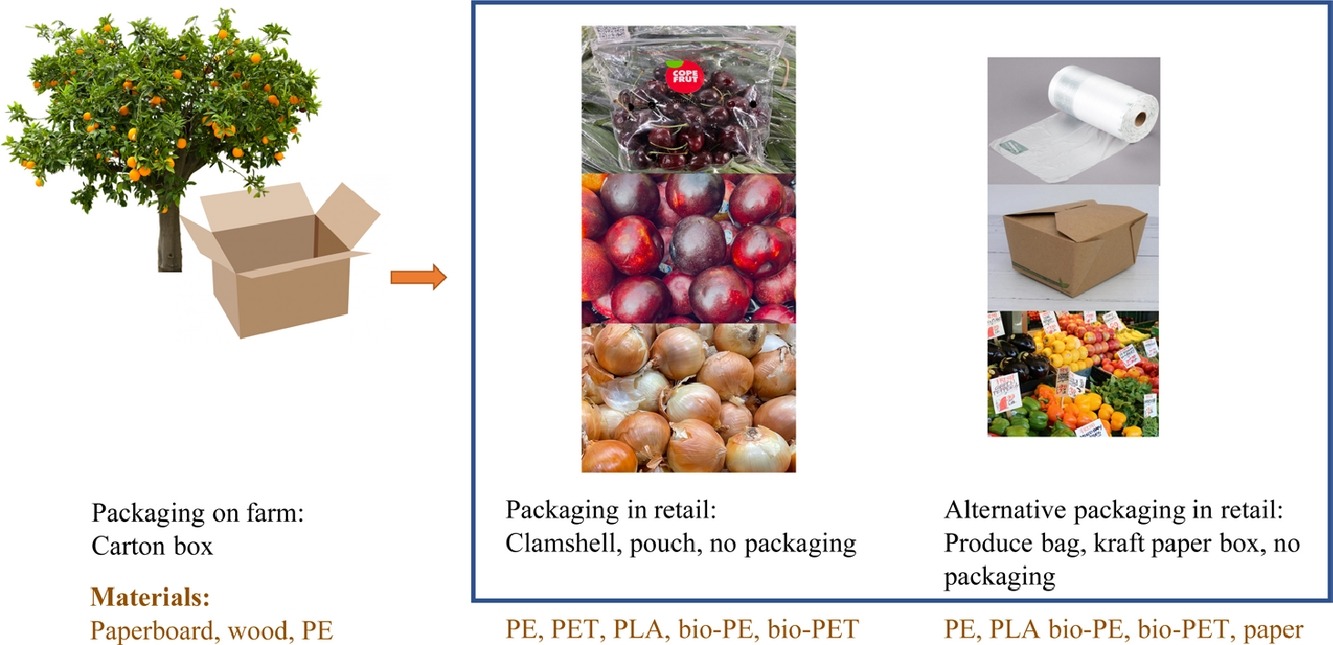January 01, 2022 | Resources, Conservation and Recyling | Source |
Introduction: Addressing the global challenge of feeding a growing population sustainably, reseachers from University of California, Berkeley in the US examine the environmental impact of food production, consumption, and waste, exploring greenhouse gas emissions throughout the food chain, highlighting food loss and packaging as significant contributors. Life-cycle assessment (LCA) is crucial for quantifying these impacts and guiding improvements. Despite increasing LCA studies, research on fruits and vegetables—essential components of a healthy diet—remains limited. The research focuses on cherries, plums, and onions, shedding light on their emissions and the need for comprehensive assessments considering food loss and packaging.
Key findings: The analysis has identified food loss, transportation, packaging, and farm production as major contributors to emissions. Exploring alternative packaging, we found that substituting Polyethylene (PE) with PLA bags marginally reduced emissions. However, forgoing retail-provided PE bags for non-pre-packaged produce showed promising emissions reductions. Decreasing consumer-level food loss emerged as a key strategy to significantly reduce GHG emissions. In particular, eliminating packaging at retail stores could offset more than half of emissions from food loss for tomatoes and onions. These findings underscore the importance of addressing food loss and packaging choices to mitigate the environmental impact of food production and supply systems.
Graphical Abstract:






